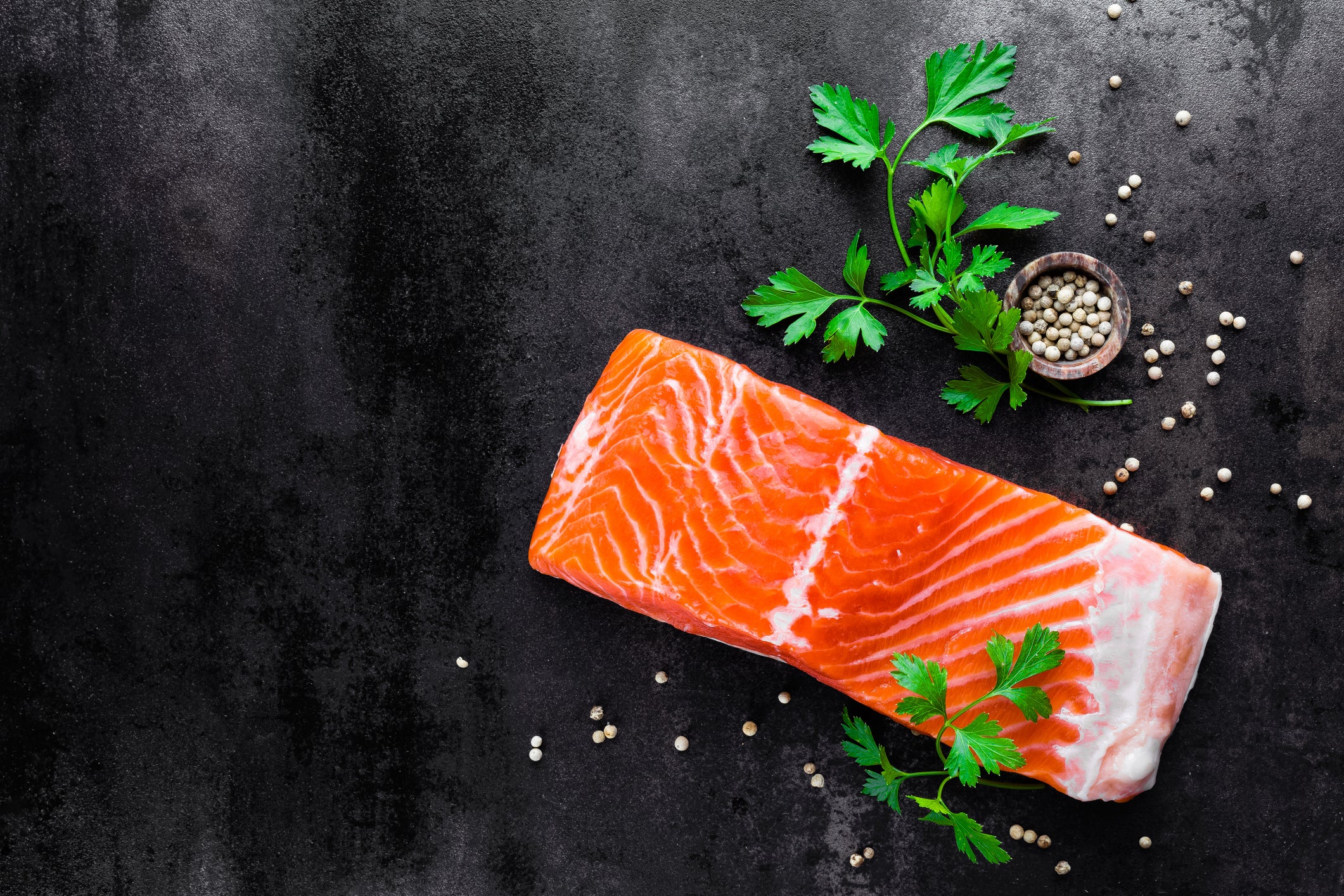Cell senescence is a pivotal mechanism of aging that leaves aged or damaged cells resistant to normal programmed cell death (apoptosis) even as they express a proinflammatory senescence-associated secretory phenotype (SASP). Senescence exists as a means of suppressing tumor growth in that it prevents replication of DNA in dysfunctional cells. However, when senescent cells accumulate, they constitute a growing burden on the functional capacity of organs, and can eventually impair health.
Flavonoids are a large family of plant polyphenols that display an enormous variety of protective bioactivities, and they are increasingly recognized as having potentially significant senotherapeutic value. Earlier studies discovered that combining the flavonoid quercetin with the drug dasatinib could overcome the senescent cell barrier to normal apoptosis and improve organ function. However, overly aged cells avoid programmed death in various ways, and the ‘D+Q’ combination is not effective in all of them.
Fisetin is a flavonoid found in strawberries, cucumbers, apples, onions, grapes, persimmons, and other food and non-food plants. The average daily intake of fisetin among Japanese adults is approximately 0.4 mg, and fisetin was previously found to extend lifespan in invertebrate organisms like yeast and fruit flies. This preliminary study identifies intermittent fisetin supplementation as a potentially safe and effective method of reducing senescent cell burden, though clinical confirmation is needed.
In this study, ten flavonoid phytonutrients (resveratrol, fisetin, quercetin, curcumin, epigallocatechin gallate or EGCG, catechin, luteolin, apigenin, and myricetin) were assayed for senolytic activity (senescent cell clearance) in aged cells subjected to oxidative or genotoxic stress. Of the ten flavonoids tested, fisetin was found to be the most potent This top-ranked flavonoid was then tested in naturally aged or prematurely aged mice for effects on healthspan, lifespan, tissue aging, and markers of cellular aging and disease. Results were then retested in visceral adipose from lean and obese aged women to determine whether susceptible human tissues respond to the senolytic effects of fisetin.
The Flavonoid Fisetin Shows Real-Time Senolytic Potential

NUTRITION CONCLUSION
Fisetin, a flavonoid component of certain plants, shows potent senotherapeutic potential in preclinical testing. Fisetin, quercetin, luteolin, curcumin, and other dietary flavonoids offer not only direct antioxidant and DNA-protecting qualities, but may also beneficially influence cell and tissue aging processes and immunity.


